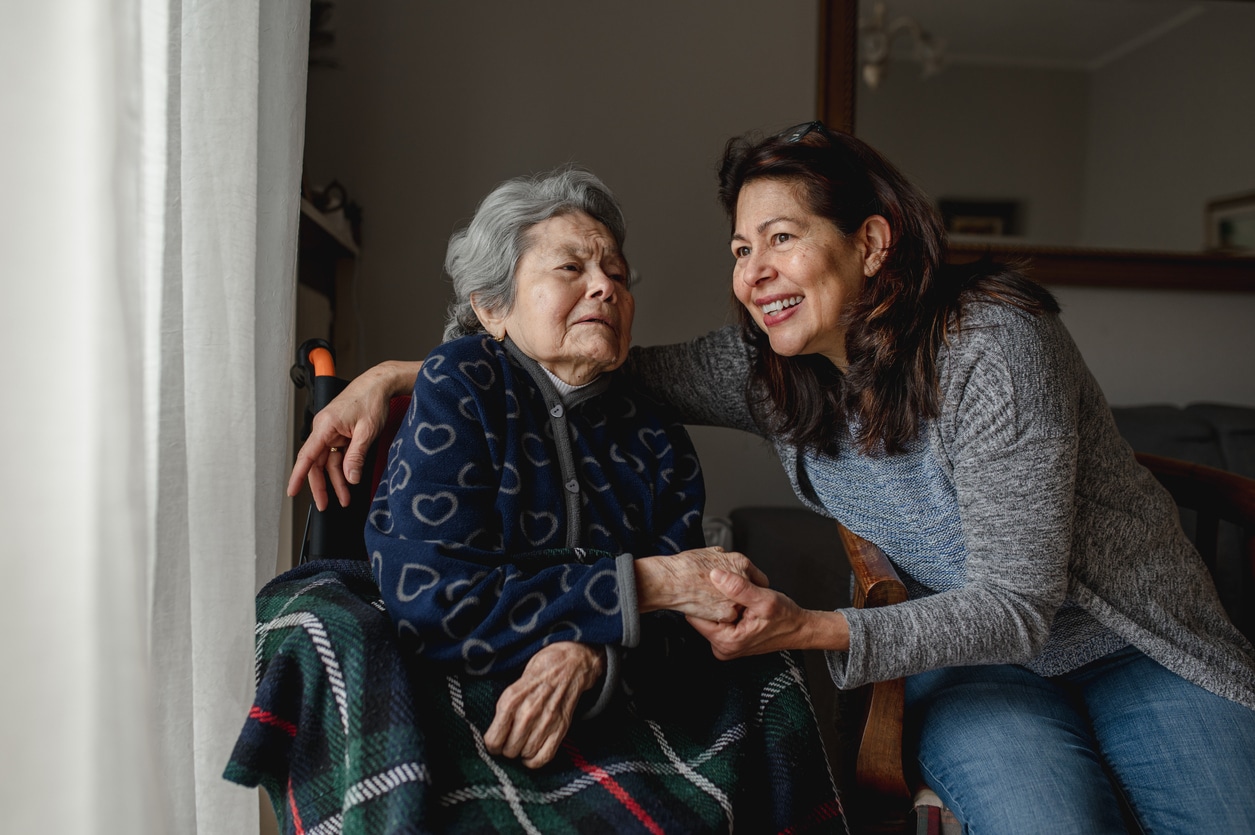As your parents age, it’s natural to feel concerned about their independence, health, and overall well-being. Many seniors cherish their autonomy and may be hesitant to consider living with a relative or in an assisted living facility. For adult children, the prospect of their parents living alone can be worrying, particularly if they have health issues. However, it’s crucial to honor your parents’ wishes and focus on enhancing their quality of life. If your mom or dad is living independently, there are proactive measures you can take to support their health and happiness while easing your own concerns.
Things to Consider When Parents Live Alone
The Administration on Aging reports that nearly 30 percent, or 14 million, older adults lived alone in 2021. Because the US population is living longer, both caregivers and their care recipients are now older than their counterparts of previous years. But living longer can expose seniors to more health risks. A national study by the National Alliance for Caregiving found that common health ailments of care recipients included Alzheimer’s disease, dementia, mental illness, and heart disease.
If your parents are living alone, consider taking the following steps to ensure their safety and well-being:
Reduce Safety Hazards
Inspect your parents’ home for any safety risks such as unsafe walkways or clutter. Volunteer to complete more labor-intensive chores such as mowing the lawn or yard maintenance on a regular basis.
Manage Medications
Ensure that your parents are taking the necessary medications at the appropriate times. If you live close by, it may help to visit them during times when they take their medications to make sure they are taking the correct dosage, especially when they begin a new prescription. An automatic medication dispensing service is a great way to ensure that they are always taking the correct dose.
Prepare for Emergencies
Ensure that your parents have access to all emergency phone numbers and easy access to a phone or alert system. It may help to buy your parent a cell phone if he/she doesn’t already have one. Also, go over a safety plan with your parents in case of an emergency.
Consider a Medical Alert System
Enhance the safety of aging parents living alone by investing in a medical alert system. These systems provide fast access to help in case of emergencies or falls, offering peace of mind for both them and you. With just the press of a button, your parent can summon emergency responders or designated contacts for assistance.
Make Visits Fun
Caring for your parents should be a pleasant experience for you and your parent. Consider setting aside certain days for enjoyable outings such as trips to the park, movies, or the library. Consider inviting other family and friends. Try to take part in other activities that they enjoy.
In many cases, seniors can live safely at home as long as caretakers regularly check in on them. However, if your parent shows signs of serious mental illness, malnutrition, or severe lapses in judgment, it may be time to reconsider your parent’s living options. This may be a difficult conversation to have with your parent, but their safety should remain your top priority at all times.
Ensuring Your Parents Are Safe
Accepting that your aging parents live alone can take some time to get used to. Often, it is difficult transitioning from being their child to being their caretaker. But taking efforts to protect seniors’ safety while ensuring they feel loved can help eliminate some of your discomforts. Considering the right steps to take before an emergency will help both you and your parents rest easier.




